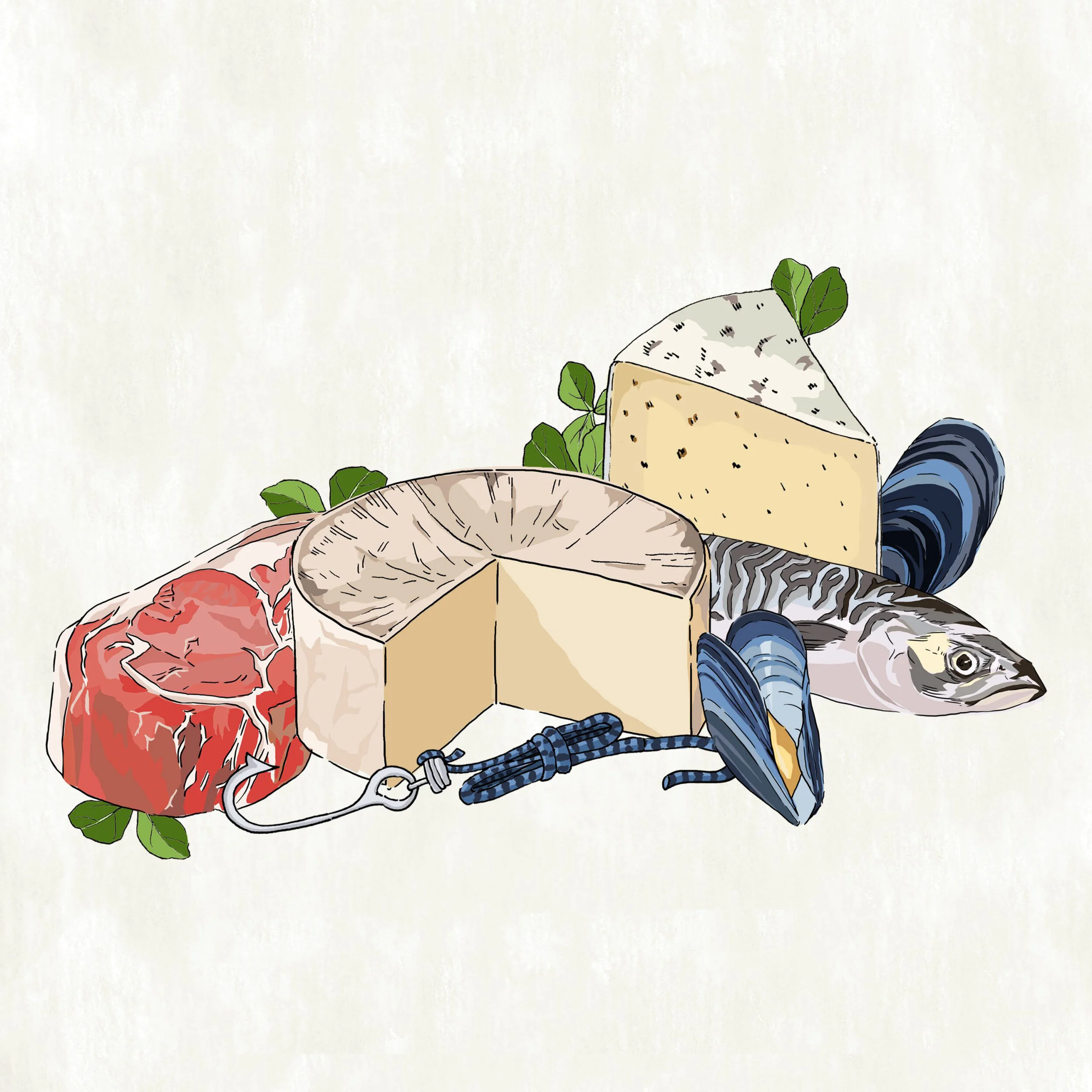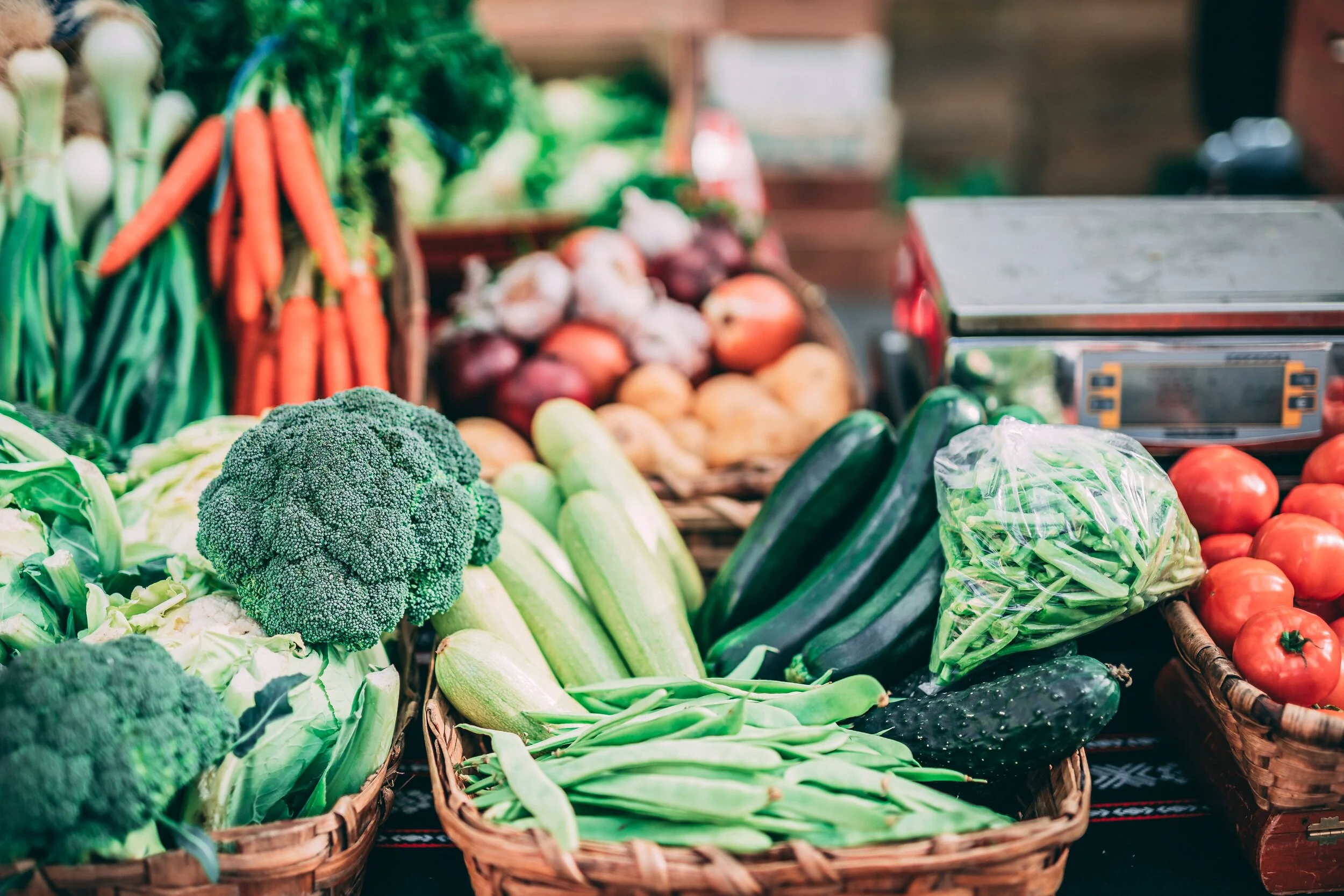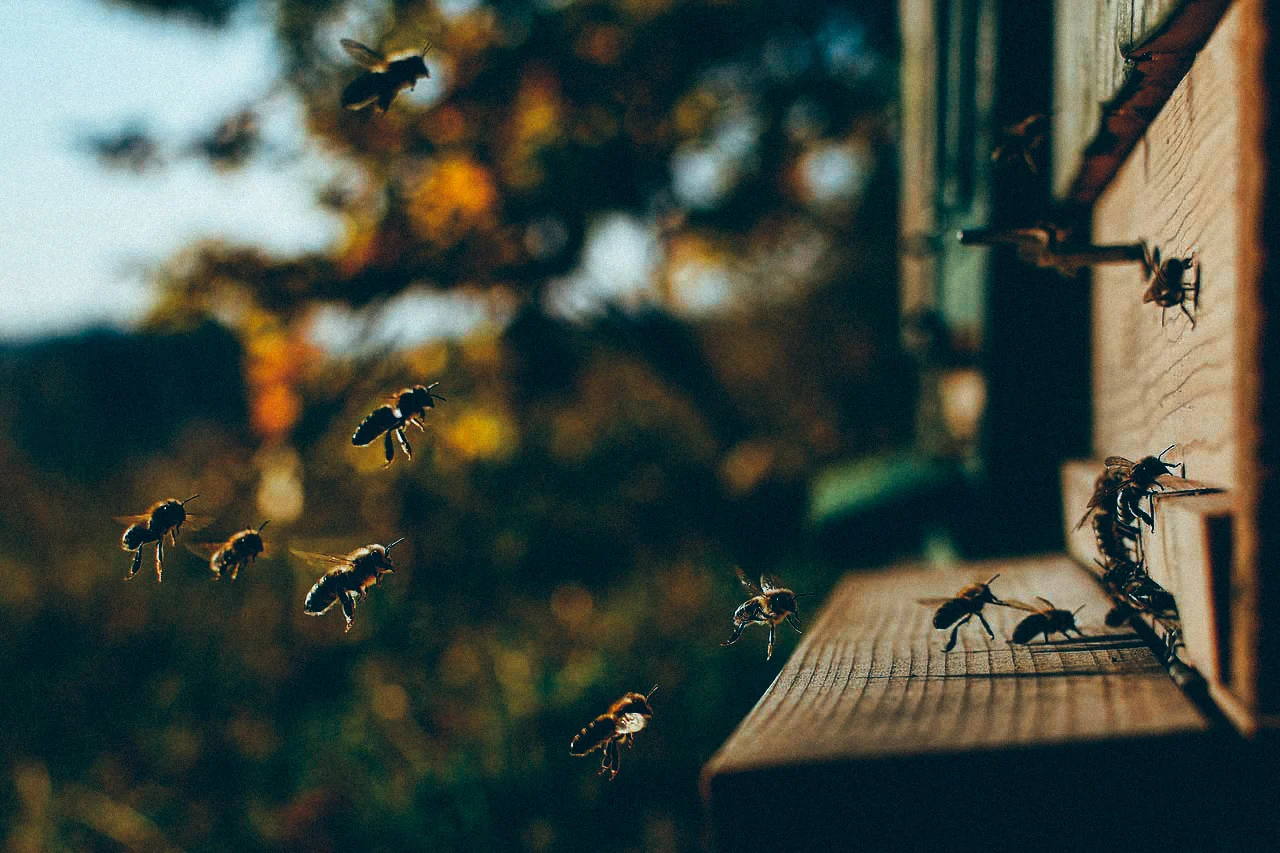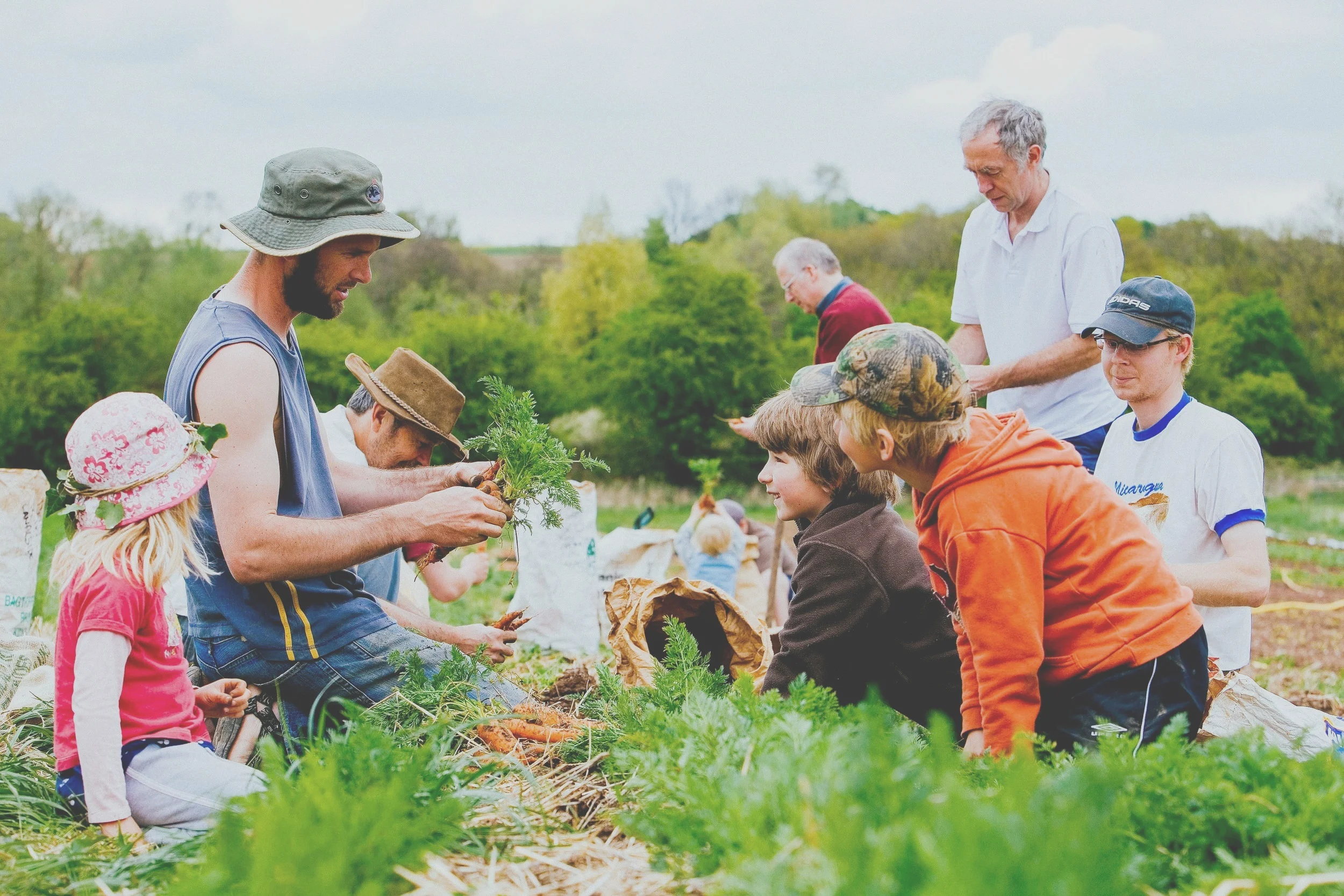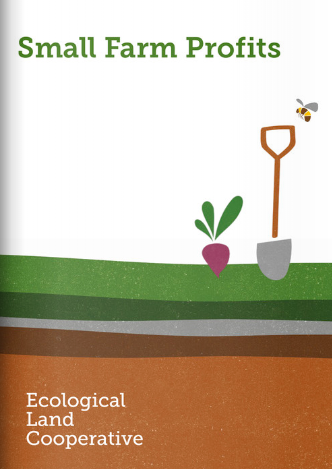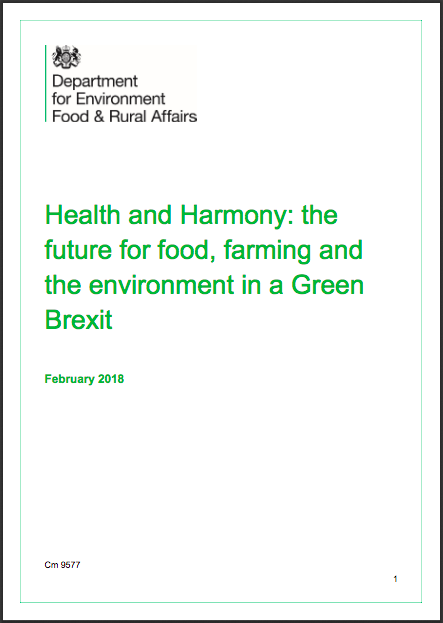SAVING COUNTY FARMS
For over 90 years, Campaign for the Protection of Rural England (CPRE) work locally and nationally to stand up for the countryside: to protect it from the threats it faces, and to shape its future for the better. In that time, they’ve helped win protection as National Parks for some of our most remarkable landscapes, from the Lake District to the South Downs. They’ve helped to influence and apply planning laws that have, against the odds, preserved the special beauty and character of the English countryside. Their vision is of the future is a beautiful and thriving countryside that’s valued and enjoyed by everyone.
Currently, a significant area of farmland - around 90,000 hectares of land in England – remains in public ownership as County Farm estates, but the role and opportunity they offer have been largely overlooked. County Farms are a valuable public asset owned by local authorities, enabling entry into the farming industry to young or first-time farmers through affordable, below-market rates.
However, they are a public asset under threat. Austerity has put immense pressure on local authorities, leading to a rapid sell-off of public land, as part of local authorities’ asset portfolios to fill budgetary gaps. The extent of County Farms has halved in 40 years. If they remain undervalued and poorly understood by politicians, officials, as well as the general public, their sell-off is likely to continue.
The project explores new models and approaches to how publicly owned farmland (County Farms) can be managed under public ownership, to set out their potential to deliver a range of public benefits and to develop a new vision for them. Using the economic analysis by the New Economics Foundation and sector knowledge of Shared Assets, CPRE will advocate this vision with key decision makers and the wider sector to build consensus and commitment to secure the future of County Farms for the common good.
The coming years will see significant changes to the way we farm, and the way we manage land more generally. County Farms have real potential to pioneer new forms of farming and land management that can help national and local government to address the multiple challenges society faces: not least the climate crisis, dietary and mental health and well-being, but also falling biodiversity and the disconnection from nature and food production.











